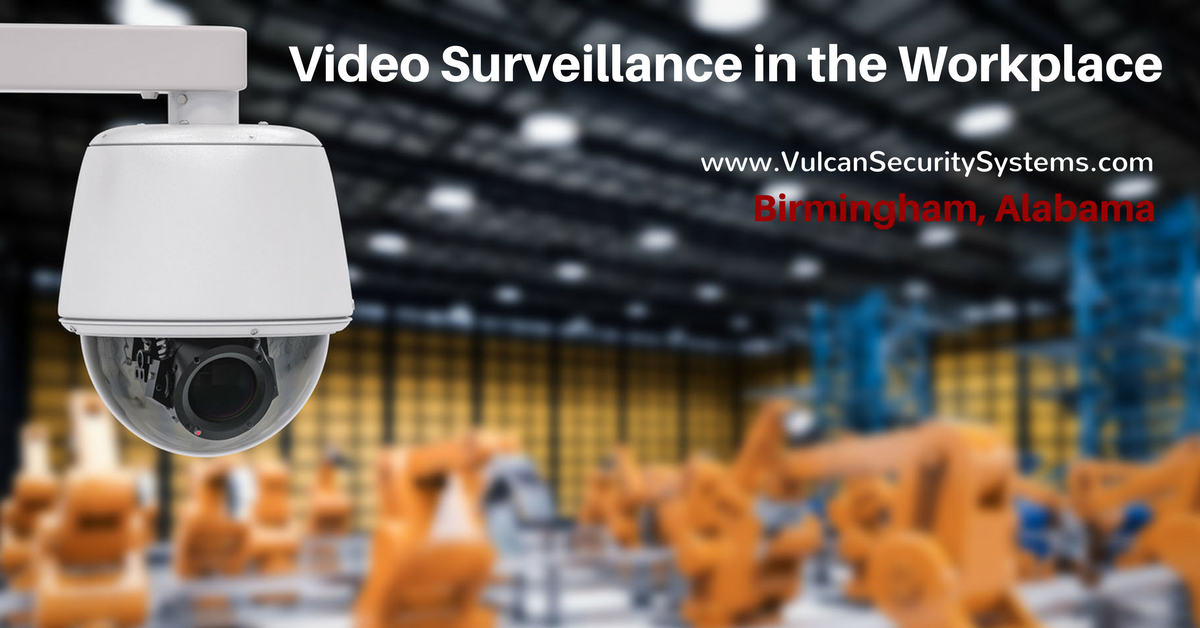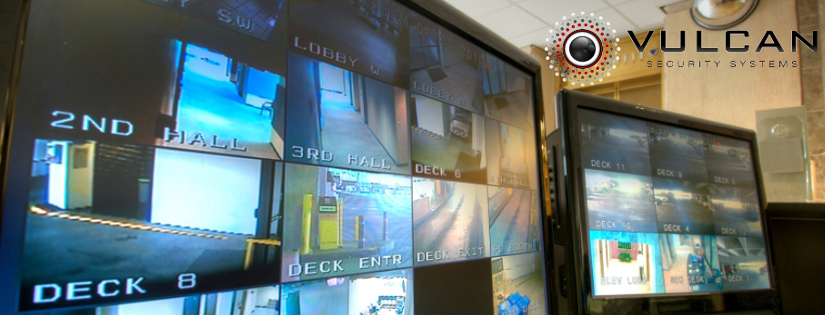In this second installment in our series on video security for workplace safety and injury prevention, we take a look at legal issues relating to video surveillance in the workplace.
This post isn’t intended to provide legal advice or guidance. If you have questions or concerns, definitely consult an attorney in your state for specific guidance on implementing video surveillance.
Generally speaking, businesses are allowed to develop policies and practices that serve a business purpose. Video surveillance in work areas, like production floors, warehouses and lab facilities can certainly be justified for reasons relating to workplace safety, quality control and inventory management. Safety and security sensitive areas can usually be under video surveillance.
Some states do have laws that limit when, where and how businesses can monitor employees in the workplace, even in areas where there is no reasonable expectation of privacy.
This article does not get into the specifics of state laws outside of Alabama, so if your business is located outside of Alabama you may be subject to different state law limitations and disclosure requirements.
Is There An Expectation of Privacy?
The key legal issue for any video surveillance installation is whether the areas under video surveillance are such that individuals in those areas would have a reasonable expectation of privacy.
If the space is one where an employee would have a reasonable expectation of privacy, then do not install hidden or visible video security cameras in those locations. You should not invade the privacy of workers in those areas, even with visible cameras.
In the workplace context, restrooms, locker rooms, and break rooms have been construed to be locations where employees may have a reasonable expectation of privacy. Private offices are typically considered private with regard to video surveillance.
It’s very likely that a first aid station and/or nurse station or similar area where an employee might go for medical assistance is also an area where there’s a reasonable expectation of privacy.
There are some cases in certain states that have found workers have a reasonable expectation of privacy in cubicles in more open work environments.
If it’s a borderline question, you should consult an attorney in your state to get advice on whether or not you could install cameras in certain borderline areas and disclose via signage that the area is under surveillance. Some states require notification via signage in all areas, even those where there’s no reasonable expectation of privacy.
Department of Labor and Protection of Concerted Activities
Employees engaged in union-organizing and related protected “concerted activities” are protected from surveillance, intimidation and threats under the National Labor Relations Act and DOL Regulations.
Recently, a manufacturing company was required to cease and desist from videotaping, photographing and engaging in other surveillance activities of employees who are marching and picketing for union-related activities near the employer’s property.

Develop a Written Policy for Workplace Video Surveillance
The best way to make sure your employees know they’re being monitored in non-private areas, is to develop a video surveillance policy and communicate it to employees. Have each employee sign a copy of the video surveillance policy statement and include the signed copy in their personnel file.
Audio with Video Recording
The Electronic Communications Privacy Act (ECPA) prohibits electronic monitoring of audio communications without consent of both parties. Depending on the circumstances, there might be limitations under this federal law on the use of video cameras that capture sound that are not applicable to picture-only cameras.
Furthermore, Alabama is one of the states that allow video and audio recording, provided at least one party has consented. It is a crime to record a conversation without at least one party to the conversation having given consent. It may be an open question under Alabama law whether video cameras that record audio would violate the one-party consent rule if the camera is capturing the audio of a conversation from two employees.
Before installing video cameras with audio-recording activated you should consult with an attorney knowledgeable about these laws in relation to Alabama and/or whatever state you are in.
The first article in this series is Video Security to Reduce Workplace Injuries.
A Few Resources That Might Be Helpful
Disclaimer: We make no representations on the accuracy of these articles, so use at your own risk.
Workplace Video Monitoring: What Employers Need to Know (Law360)
Inside Counsel: 6 Steps to Avoiding Liability from Video Surveillance in the Workplace
American Bar Association publication: Employment Privacy: Is There Anything Left?
Union Counsel: Surveillance Policy in the Trump Administration: Implications for the Workplace
